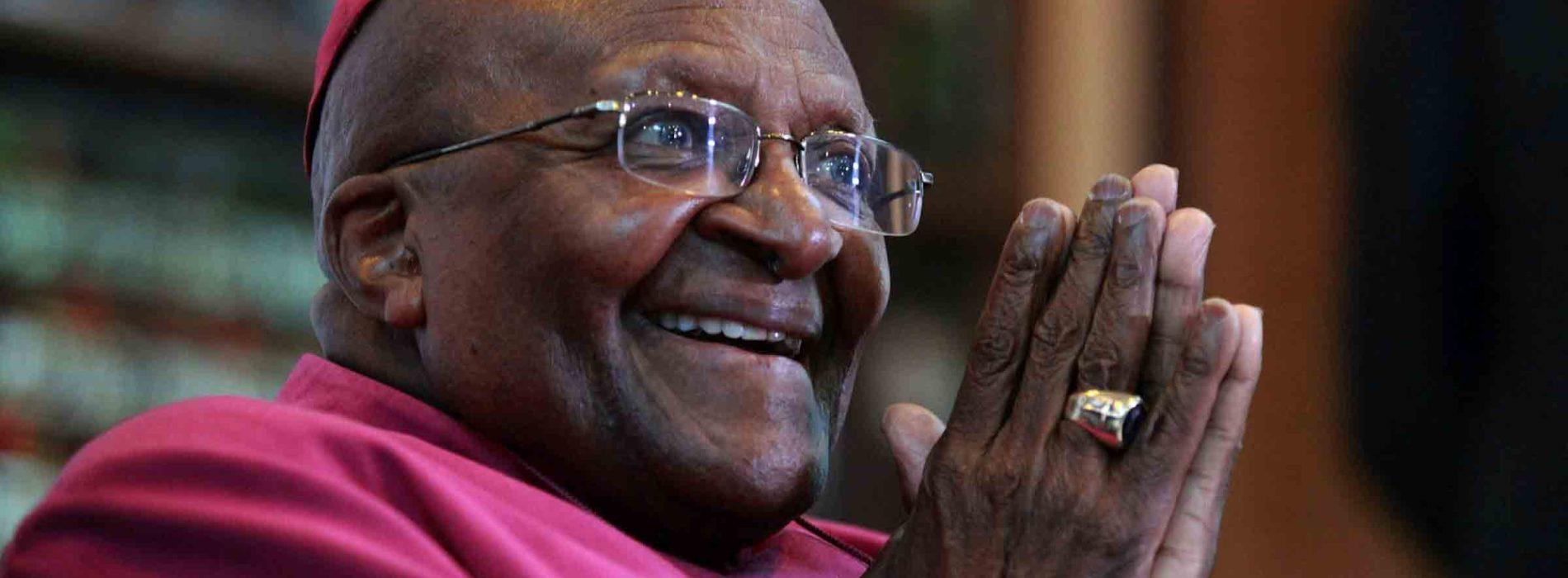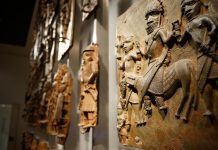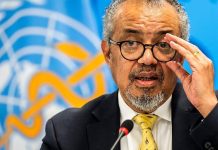Africa-Press – Lesotho. Archbishop Desmond Tutu, who died last Sunday at the age of 90, was a towering figure in the fight against oppression. Tutu, a fiery preacher with an irrepressible sense of humour, was much loved in Lesotho where he served as bishop between 1976 and 1978.
He also taught briefly at the National University of Lesotho. His friend and colleague in the priesthood, Bishop Philip Mokuku, 86, told thepost this week in a eulogy that Tutu had remained “true to his priestly vocation right up to the end”.
The two forged a life-long friendship when they were students at St Peter’s Theological College in Rossettenville in Johannesburg in 1958. While Tutu went on to be a global icon in the struggle against non-racialism in South Africa it is in Lesotho where he first found his voice in speaking out against what he saw as tyranny.
In order to understand Archbishop Tutu, it is imperative that we go back in history to the man’s formative years in the priesthood when he was in Lesotho in the late 1970s.
At a time when he was virtually an unknown, Tutu was already beginning to speak out against what he perceived as excesses by politicians. It was a course that was to later set him on a collision course with tyrants across the globe.
Lesotho in the 1970s was going through serious bouts of political turbulence after the government of Chief Leabua Jonathan embarked on a campaign to crush political dissent.
With Lesotho under a state of emergency, it was left to people like Tutu to speak out against what they saw as government excesses. And speak out he did, much to the irritation of the then government.
“He arrived at a time when the political situation in Lesotho was extremely volatile. The BCP (Basotho Congress Party) was in exile and Dr Leabua (Jonathan) was lording it over the people. It was an extremely sensitive and nasty time.
It was against that background that Tutu became very vocal in the political arena,” Mokuku says. “He was just beginning to challenge the (political) leadership when he left in 1978,” he says.
His decision to speak out did not escape the securocrats in Maseru. And so when Mokuku took over as bishop of Lesotho, he received a stern warning from the Jonathan government “not to behave like Tutu who was very rough with us”.
Tutu left Lesotho to take up a post as secretary general of the South African Council of Churches in 1978 where he felt that his services were needed most.
“Even though we were disappointed when he left, we had to reluctantly let him go so that he could be with his people,” he says.
“He felt he had a ministry there and needed to be with his people.
”
It was in South Africa where he quickly became a thorn in the flesh of the apartheid regime. Bishop Mokuku says he was not surprised that Tutu took on the cudgels in that way as he was merely fulfilling his “prophetic calling”.
While Tutu soon asserted himself as a fearless fighter against apartheid in South Africa he is still remembered as the bishop who did much to improve the levels of education of the clergy in Lesotho. He was extremely passionate about the education of the clergy which was really low, Mokuku says.
“He really shook the education of the clergy by sending them to universities and giving them opportunities to visit and learn from the wider church in places such as Europe, the West Indies and Africa,” he says.
Mokuku says the late Tutu will be remembered as a humble man who remained true to his prophetic vocation. “We are very thankful for his life. He taught us that a true Christian is one who walks in the atmosphere of prayer, believing that there is a spiritual solution to every problem,” he says.
Even though he was a fierce opponent of apartheid, Tutu had remained viscerally opposed to the use of violence as a tool to fight oppression. He remained a pacifist to the core but still understood the necessity of the armed struggle in the face of bitter provocation and violence by the apartheid regime, Mokuku says.
“With Tutu gone, we have no option but to continue speaking out as prophets.
Meanwhile, the Bishop of Lesotho, Reverend Dr Vicentia Kgabe said although Tutu served in Lesotho for just two years, his impact was extremely huge for the country.
She described Tutu as “an amazing man, priest, prophet, shepherd and pastor, the prophetic voice that has shook governments, churches and moved us to be better people”.
“The legacy of the Arch will live beyond his grave, years to come and will tell our children about this great man who has opened the path for us as women to come into this ministry,” she said.
US President Joe Biden said Tutu’s courage and moral clarity “helped inspire our commitment to change American policy toward the repressive apartheid regime in South Africa”. Tutu will be cremated this Saturday in Cape Town.
For More News And Analysis About Lesotho Follow Africa-Press






